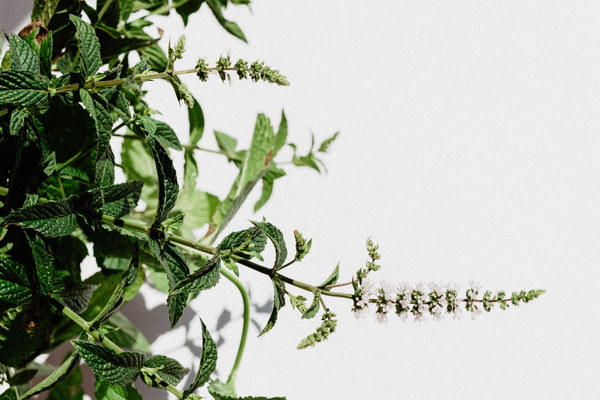Unveiling the Wonders of Chinese Herbs Treating Phlegm and Dampness with Traditional Remedies
In the realm of traditional Chinese medicine, the treatment of phlegm and dampness has been a long-standing practice. Phlegm and dampness are two of the most common factors that contribute to various health issues, and Chinese herbs have been used for centuries to alleviate these conditions. This article delves into the world of Chinese herbs that are renowned for their effectiveness in resolving phlegm and dampness, providing insight into their properties and uses.

Phlegm and dampness are often associated with a range of symptoms, such as fatigue, weight gain, joint pain, and digestive issues. These conditions are believed to arise from an imbalance in the body's yin and yang, which can be caused by factors such as poor diet, excessive dampness in the environment, or internal disharmony.
One of the most widely used Chinese herbs for treating phlegm and dampness is Astragalus (Huang Qi). This herb is renowned for its immune-boosting properties and its ability to strengthen the body's overall resistance to illness. Astragalus is believed to help expel phlegm and dampness by invigorating the spleen and lung functions, which are crucial in maintaining a healthy balance in the body.
Another herb that is highly effective in treating phlegm and dampness is Poria (Fu Ling). Poria is often used in combination with other herbs to enhance their therapeutic effects. It has a mild diuretic property, which helps in the elimination of excess dampness from the body. Poria is also known to aid in digestion and improve the absorption of nutrients, thereby promoting overall health and well-being.
Coptis (Huang Lian) is another essential herb for treating phlegm and dampness. This herb has a strong bitter taste and is often used in combination with other herbs to clear heat and reduce dampness. Coptis is believed to have powerful anti-inflammatory properties, which can help alleviate joint pain and other symptoms associated with phlegm and dampness.
One of the most well-known formulas for treating phlegm and dampness is Er Chen Tang. This formula combines Chen Pi (Tangerine Peel) and Fu Ling, which work together to resolve phlegm and dampness. Chen Pi is known for its ability to promote digestion and relieve constipation, while Fu Ling helps in the absorption of moisture and the elimination of dampness.
Another popular formula is Liang Fu San, which includes Poria, Alisma (Ze Xie), and Atractylodes (Bai Zhu). This formula is particularly effective in treating phlegm and dampness that lead to fatigue and weight gain. Alisma is known for its diuretic properties, while Atractylodes helps to strengthen the spleen and improve digestion.
It is important to note that while Chinese herbs can be highly effective in treating phlegm and dampness, it is essential to consult a qualified practitioner before starting any herbal treatment. Each individual's constitution and specific health concerns must be taken into account to ensure the most appropriate treatment plan.
In conclusion, the use of Chinese herbs for treating phlegm and dampness has stood the test of time. These natural remedies can offer relief from a variety of symptoms and help restore balance to the body. As always, it is important to seek the guidance of a qualified practitioner to ensure safe and effective treatment.









